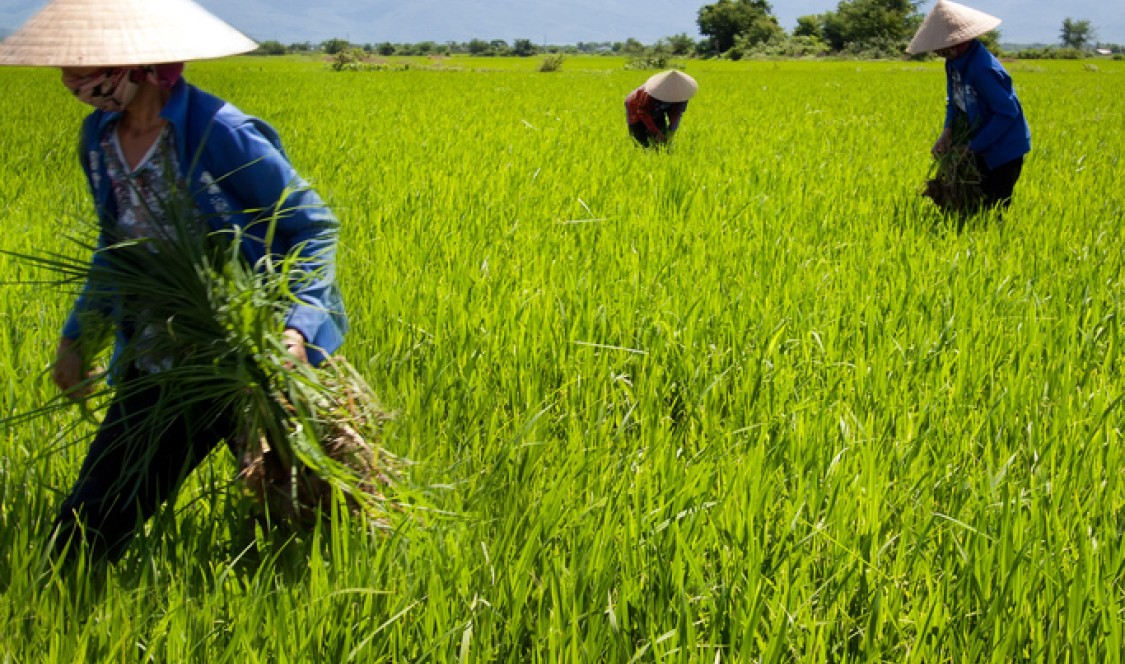Landesa, the 2006 recipient of the Henry R. Kravis Prize in Nonprofit Leadership and nominated as one of the top NGOs in the world, has been advocating the UN on the issue of land rights and also received accolades at the recent Clinton Global Initiative Meeting. The organization created an infographic and accompanying op-ed on the issue of land rights and how land rights support a host of other important development efforts.
Landesa seized the opportunity to reflect on the importance of incorporating land rights while the United Nations (UN) General Assembly recently discussed the post-2015 framework in New York City. This process, led by the UN, aims to help define the future global development framework, that will succeed the UN Millennium Development Goals (MDGs), a set of eight global development targets which come to an end in 2015. Landesa promoted land rights as an important piece of the post-2015 framework, to ensure that the development goals can be met.
The current UN development agenda is centered on the Millennium Development Goals (MDGs) that were officially established following the Millennium Summit of the UN in 2000. The MDGs encapsulate eight globally agreed goals in the areas of poverty alleviation, education, gender equality and empowerment of women, child and maternal health, environmental sustainability, reducing HIV/AIDS and communicable diseases, and building a global partnership for development. The post-2015 framework will replace these goals.
See Landesa’s infographic and op-ed on land rights.
Hillary Clinton at the 2013 Clinton Global Initiative Annual Meeting recently spoke about the importance of land rights and called Landesa CEO Tim Hanstad up to the stage to spotlight the importance of land rights and the progress Landesa is making in securing land rights, especially for women and girls, to sustainably eradicate extreme poverty and promote gender equality.
Landesa was founded in 1967, propelled by the realization that rural areas in Vietnam could grow their own food to pull themselves out of poverty instead of using the Viet Cong’s violent assistance. Many women in abject poverty in rural areas are single and do not own the land they depend on to survive. When they lose the ability to farm their land, one of the direct, and perhaps most unfortunate consequences, is that their children have to drop out of school because they cannot pay their school fees. This leads to a second generation as uneducated and devoid of resources as the last.
The founders of Landesa quickly realized an owned plot of land provided benefits even greater than food on the table; it provides economic independence, security, and an increased social status. Secure rights to land for women and men are, as Hillary Clinton stated, “under the radar”, but it quickly becomes clear how important land rights are to an entire community; it has been shown to improve health, reduce conflict and instability, and ensure environmental sustainability--all of which explain Landesa’s 2006 Kravis Prize.
To learn more about Landesa and its efforts, visit www.landesa.org.

